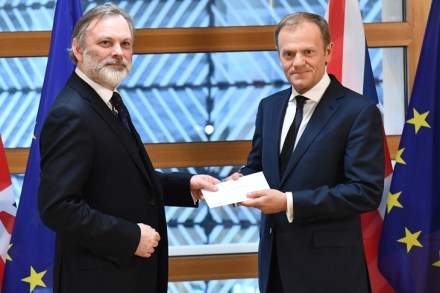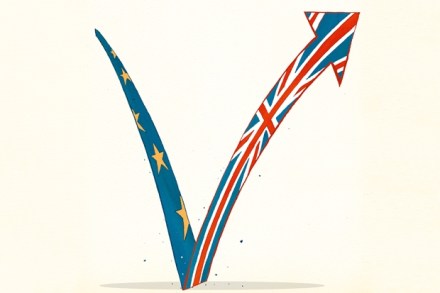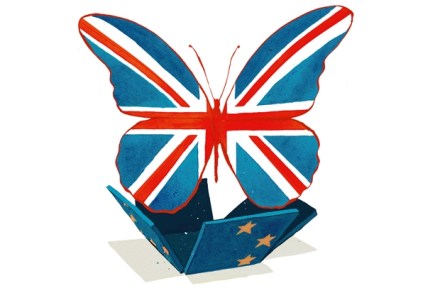Bias and the BBC
Last week, Nick Robinson wrote an article in the Radio Times saying Radio 4’s Today programme no longer has an obligation to balance its coverage of Brexit. This led to criticism from Charles Moore that he was, in effect, admitting to BBC bias. The two met for a discussion in The Spectator offices. Nick Robinson: As you’re so fond of pointing out, Charles, most economists, business organisations, trade unions and FTSE 100 chief executives were Remainers. The BBC’s difficulty is that news tends to be about interviewing people in power: scrutinising them, asking tough questions. It’s right that we should go and look for other voices, look for critics. But




















